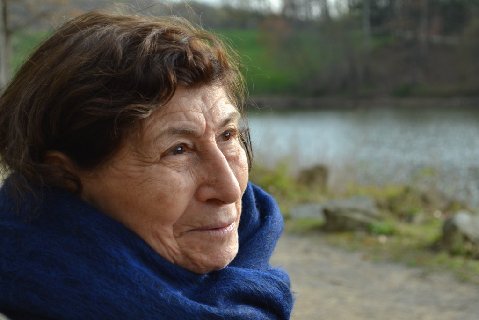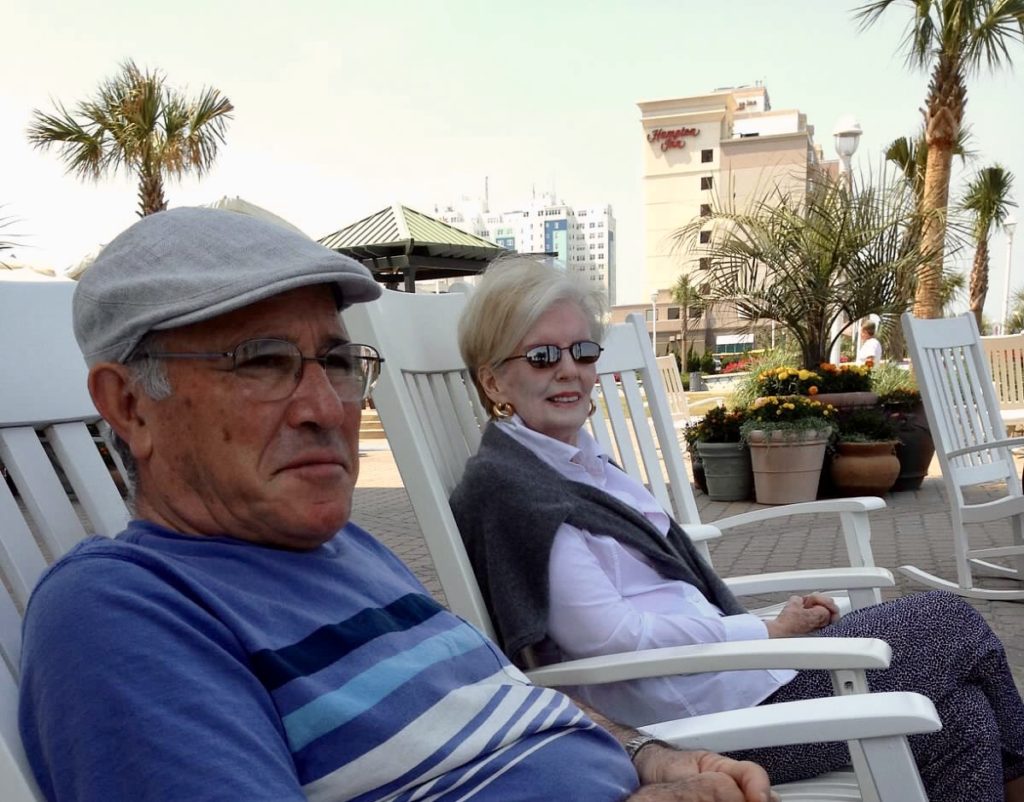
My loving and gracious mother-in-law, Zari. I was blessed by her love.
She was gracious, loving, spirited, socialable, and the glue to her family. Her skin was luminous, her hands like velvet, and her eyes sparkled with a life story that deserves to be told. She had married early and probably wrongly, but it was a lifelong commitment that even abuse would not splinter. Her talents and skills were as varied and astonishing as the children she would raise. An artist, hoticulturalist, chef, loving and determined mother, Zari encouraged all of her children to strive to be strong, independent and educated. She loved deeply and entirely. She was also a fragment of Farzin’s depression.
Her second child, Eshgheman Farzin respected, admired, and loved her. He also worried and wondered about her. From the very beginning going as far back as 1991, Farzin talked to me about childhood memories of his father’s cruel temper, the abuse his Mother suffered as a result of that temper and Farzin’s crushing need to assume the responsibility from a young age to protect her and his siblings from all of his father’s failings. The responsibilities Farzin shouldered over the next six decades played out in his mind as a weary unrelenting blind obediance to an urge he could neither fathom nor forsake.
A symptom of Farzin’s severe depressive disorder was an incessant almost desperate need to talk about matters endlessly. It was a test of patience to sit and listen (with shame I admit this) with sympathy.

Farzin and Mom take a break from me and enjoy each other’s company.
Farzin loved my mother, whom he considered his best friend, companion, and confidente. And like his own Mother, he loved, respected and admired my mother, whom he called “Ma”. He admired her intellect, appreciated her love and devotion of family, valued her viewpoint, treasured her friendship and trusted her without question. When he needed to talk he turned to her. She listened sometimes in tears, often with angst, and every once in a while wearily.
Near the end of his life, the 18 months before he took it, Farzin was unable to visit Zari or take her calls. I thought at the time that he didn’t think he was capable of being strong, read healthy, in her presence. I also think he was overwhelmed by her failing health from which he could not shield her. In his mind he grieved both her and his impending deaths.
But he sought out his confidente and maybe in the end told her more than I wanted to hear. My mother understood Farzin probably better than anyone and I think he knew and appreciated this as well.
